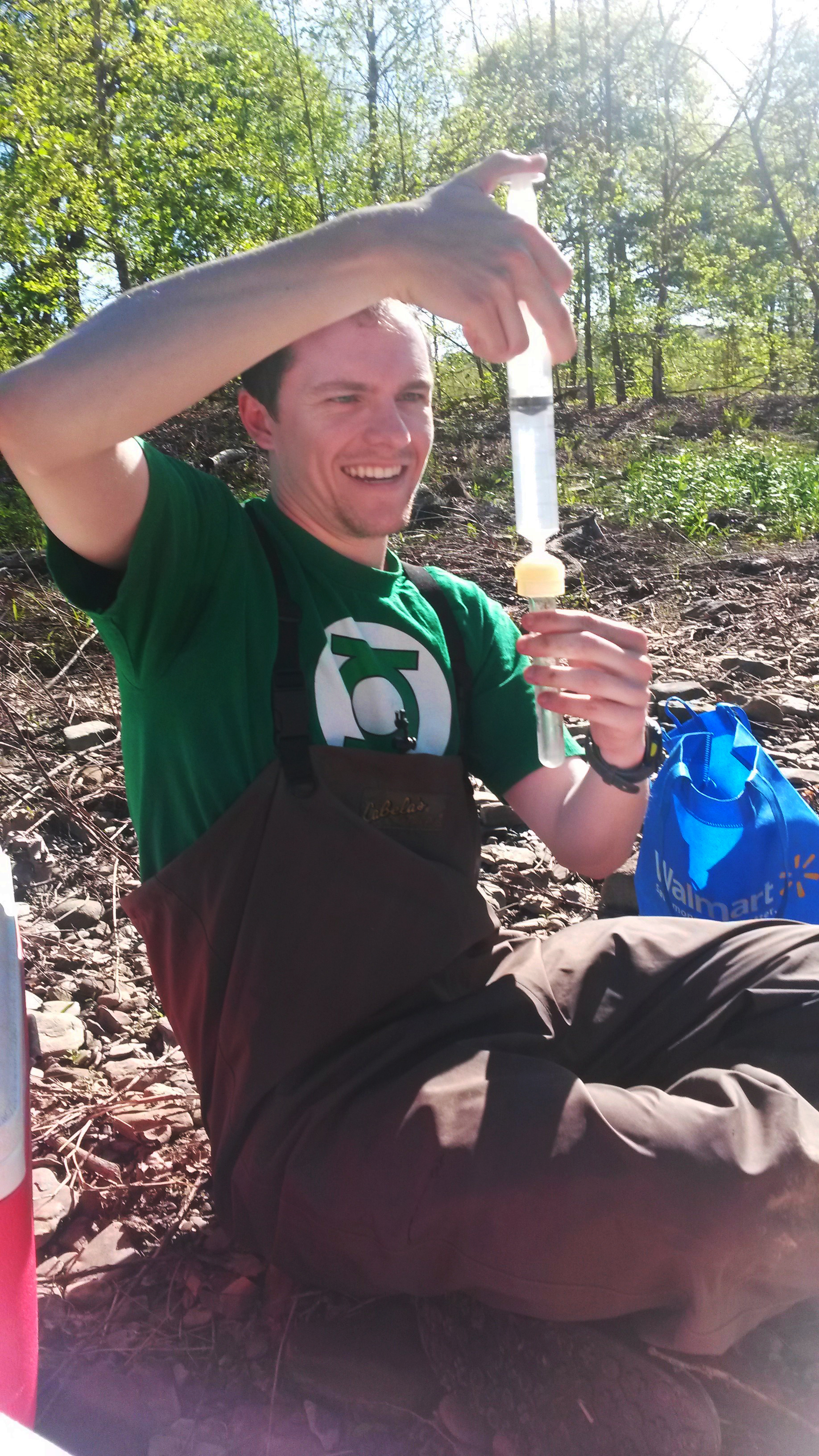FAYETTEVILLE, Ark. — The introduction of excessive nutrients such as nitrogen and phosphorous can wreak havoc on an ecosystem.
An imbalance in the nitrogen and phosphorus in a water body can cause an increase in the growth of plant life, leading to a decrease in the oxygen supply for aquatic species. The role of humans in phosphorous pollution in freshwaters, through urban and agricultural land-use, is well known.
But what if aquatic species are themselves releasing a large amount of nitrogen and phosphorus?
That’s one of the major findings by Hal Halvorson, a graduate student at the University of Arkansas, who is investigating the role of tiny animals in nutrient cycling in stream ecosystems, specifically stoneflies and caddisflies.
These macroinvertebrates are known as “shredders” because they break up organic particulates such as leaves into fine particles while consuming them.
“I’ve found that these insects defecate a lot, including a surprising amount of nitrogen and phosphorus that could have large implications for stream ecosystem nitrogen and phosphorus dynamics,” Halvorson said.
This spring, the National Science Foundation awarded Halvorson a doctoral dissertation improvement grant. The $19,000 grant will allow Halvorson to conduct field research this fall in a tributary of the West Fork of the White River near Brentwood, Arkansas. In addition to the shredders, he will study another group of animals known as “grazers,” which include snails and crayfish.
Halvorson has conducted laboratory growth experiments in which the stream insects were fed leaf litter varying in phosphorus content. After measuring their growth and waste production, Halvorson concluded that both the amount and composition of the particulate matter produced by these organisms varied by the type of insect, as well as the type of leaf litter used as feed.
“I realize there is a sort of taboo around studying animal poop,” Halvorson said. “But it is an important part of understanding how animals affect the ecosystem and how ecosystems work. Species invasion and biodiversity losses due to human factors are important issues – and now we can start making predictions when certain species are lost or enter an ecosystem and how that will affect the ecosystem.”
Topics
Contacts
Supriya Thote, intern
University Relations
479-575-5555,
Hal Halvorson, doctoral student
Department of Biological Sciences
479-575-3251,
